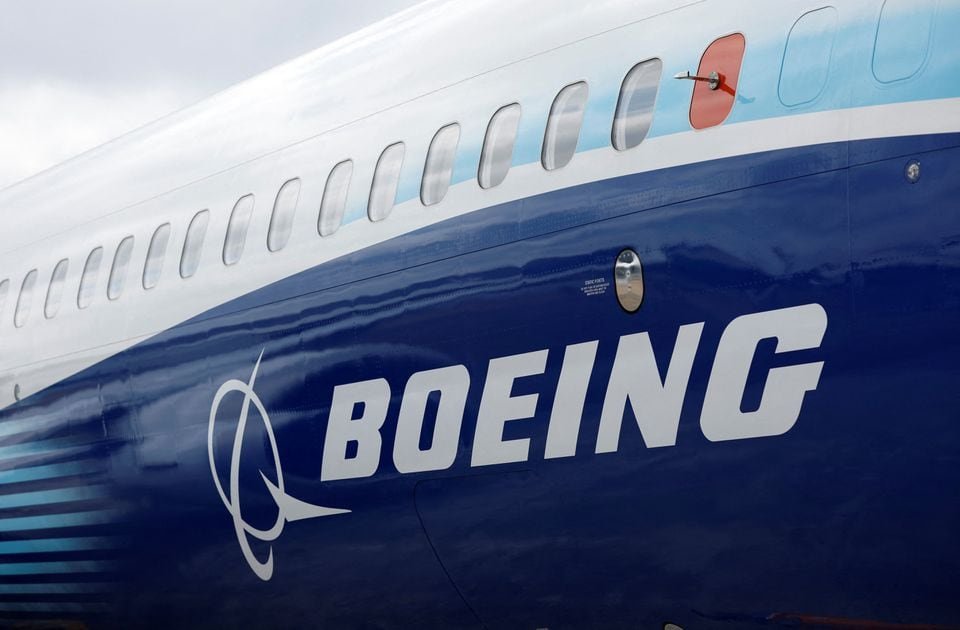Boeing’s Assurance: No Signs of Fatigue on Older 787 Jets Before Whistleblower Testimony
Boeing has refuted allegations of safety concerns regarding its 787 Dreamliner aircraft, asserting that it has not detected fatigue cracks in the jets that underwent extensive maintenance. The aerospace giant is defending its flagship twin-aisle aircraft program in the lead-up to a U.S. Senate hearing, prompted by a whistleblower’s claims about safety practices within the company.
The whistleblower, Boeing quality engineer Sam Salehpour, is set to testify at the Senate hearing regarding Boeing’s safety culture. Salehpour alleges that Boeing overlooked safety issues related to the assembly of its 787 and 777 jets, particularly the use of shims to fill tiny gaps in the aircraft’s structure.
Salehpour’s claims, currently under investigation by the U.S. Federal Aviation Administration (FAA), include assertions that workers resorted to unconventional methods, such as “jumping on the pieces of the airplane,” to align them during assembly. Boeing has categorically denied these allegations and stressed that there have been no findings of airframe fatigue in the nearly 700 in-service Dreamliner jets that underwent thorough maintenance inspections.
Steve Chisholm, Boeing’s chief engineer for mechanical and structural engineering, emphasized that the findings have been shared with the FAA. Boeing halted deliveries of the 787 aircraft for over a year amid an FAA investigation into quality issues and manufacturing defects.
In response to previous concerns raised by Boeing about shims not meeting specifications, Lisa Fahl, vice president of Boeing Commercial Airplanes airplane programs engineering, clarified that the gaps were within the specified allowance of five-thousandths of an inch within a five-inch area, likening it to “the thickness of a human hair.” Fahl also dismissed reports of workers jumping on aircraft parts, stating that such actions were not part of Boeing’s standard procedures.
Salehpour’s attorney, Debra Katz, emphasized the importance of independently verifying any data provided by Boeing before accepting it at face value. The ongoing scrutiny underscores the heightened focus on safety and accountability within the aerospace industry, particularly following recent incidents raising concerns about aircraft safety and regulatory oversight.














































Comment Template